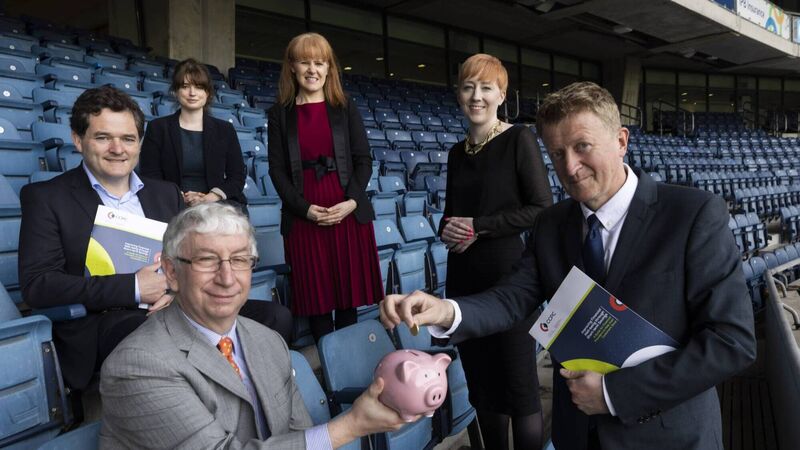Financial shocks are key savings motivator, research shows

The CCPC's research shows how financial service providers can use behavioural insights to improve consumer financial well-being. Picture: Andres Poveda.
NEW research has revealed that the fear of future ‘financial shocks’ is a key savings motivator for Irish consumers.
The findings were part of a trial, conducted by the Competition and Consumer Protection Commission (CCPC), that investigated ways in which financial institutions can improve customer wellbeing.











